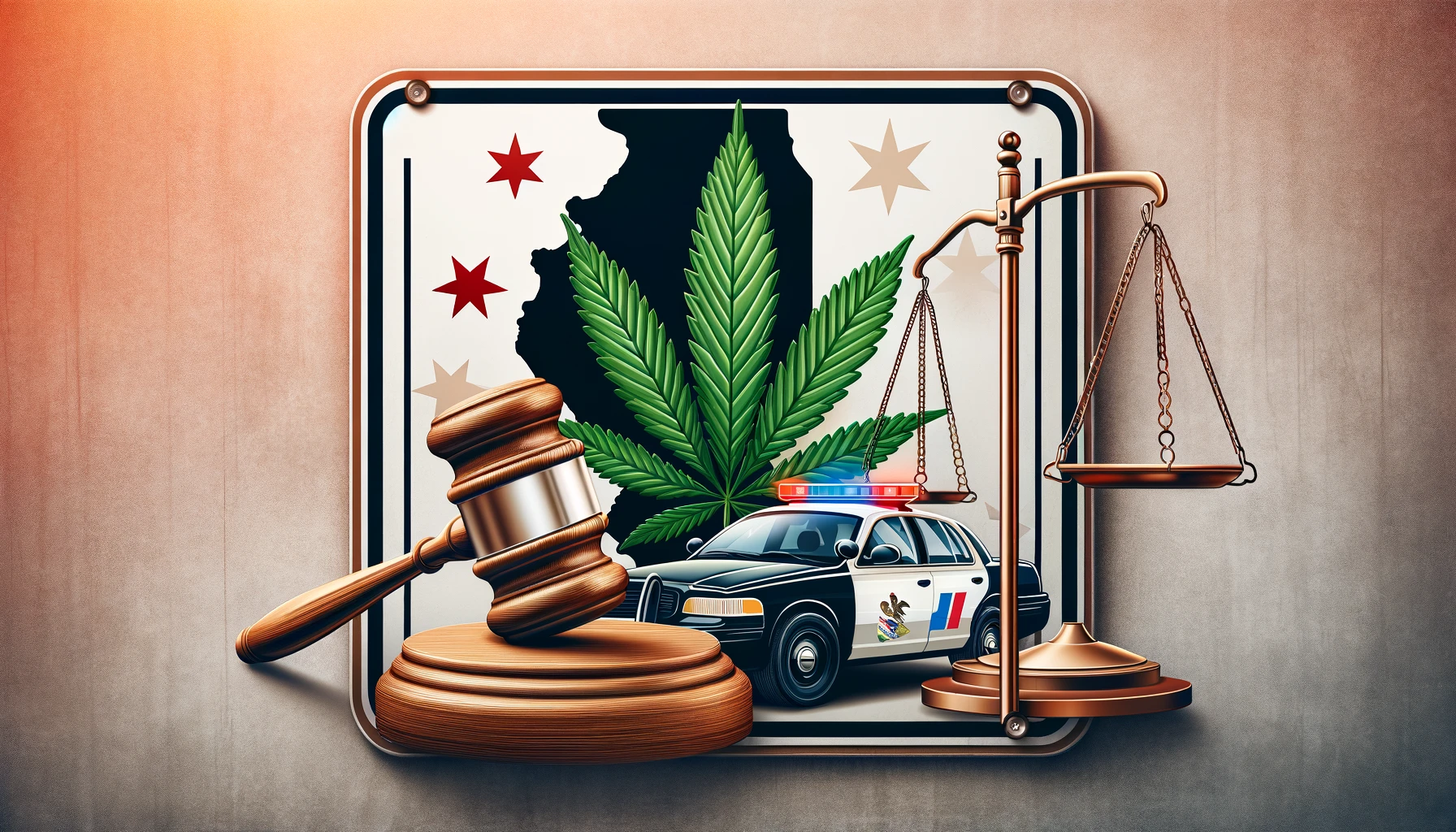Cannabis Odor and Vehicle Searches: A Critical Examination in Illinois
Introduction
The legal landscape of cannabis in Illinois is at a crucial juncture as the state’s Supreme Court deliberates a pivotal question: Can the smell of cannabis justify vehicle searches? This query tests the bounds of the state’s recreational marijuana legalization law, initiated in 2020.
A Legal Conundrum
Two cases, People v. Redmond and People v. Molina, lie at the heart of this debate. Both involve vehicle searches predicated on cannabis odor, raising critical legal and ethical questions.
The Redmond Case
Ryan Redmond, pulled over for minor infractions, faced a vehicle search and subsequent misdemeanor charge, all stemming from the officer detecting cannabis odor. The central question here: Was the search justified?
The Molina Case
In a similar vein, Vincent Molina, a passenger in a vehicle, encountered a search following the trooper’s detection of cannabis smell. Despite possessing a medical marijuana card, Molina faced charges for improper storage.
The Legal Arguments
The defense argues that the mere smell of cannabis, now a legal substance, should not equate to probable cause. Contrarily, the Attorney General’s office maintains that current law, mandating odor-proof transportation, legitimizes such searches.
The Core Issue: Roadway Safety
Chief Justice Mary Jane Theis highlights the underlying concern – roadway safety, emphasizing the need to guard against impaired driving.
Societal Implications
The American Civil Liberties Union and the National Association of Criminal Defense Lawyers warn of biased enforcement, particularly against Black and Latino communities, if cannabis odor is deemed sufficient for searches.
Judicial Perspectives Nationwide
Various states, including Minnesota, Wisconsin, Delaware, and others, offer diverse rulings on this issue. Maryland’s legislative approach, barring warrantless searches solely based on cannabis odor, adds another dimension to the debate.
Illinois’ Legislative Response
Senator Rachel Ventura’s proposed bill seeks to clarify this legal ambiguity, suggesting that cannabis odor alone should not be grounds for searches.
Conclusion
As Illinois awaits the Supreme Court’s decision, the outcome will have profound implications on legal interpretations, civil liberties, and law enforcement practices. The ruling is not just about cannabis; it’s a broader commentary on privacy, legal fairness, and societal norms in a changing legal landscape.










